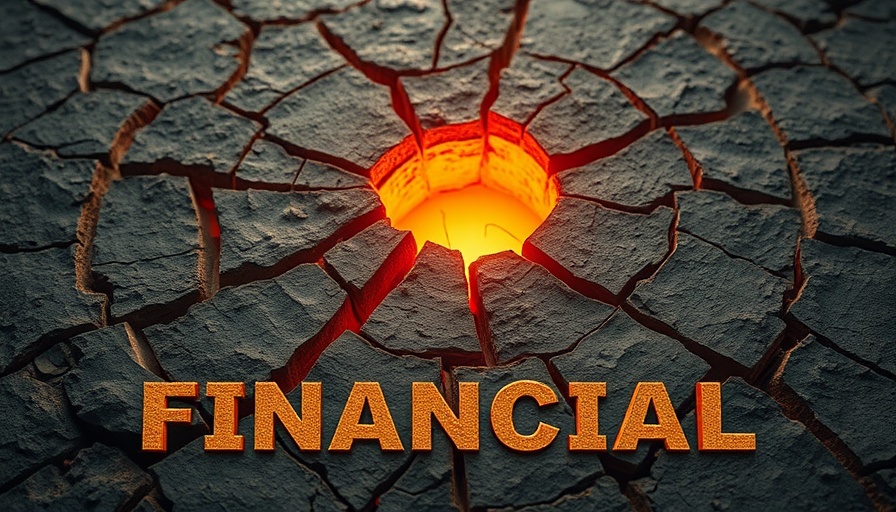
Why Bitcoin Remains the Go-To Strategic Asset
In the fierce landscape of cryptocurrency, Bitcoin stands tall as the undisputed strategic asset. A recent proposal to classify XRP as a strategic asset raises more questions than answers, showcasing the complexities of the evolving crypto economy.
As outlined by Maximilian Staudinger in his proposal to the U.S. Securities and Exchange Commission (SEC), there is a notion that XRP could function as a strategic financial asset. He suggests a convoluted scenario where $5 trillion locked in U.S. Nostro accounts could be unleashed if regulatory changes allowed XRP to be used widely. However, critics argue that the fundamental arguments lack substance, particularly concerning how banks would acquire the XRP to replace their existing dollars.
Debunking the XRP Asset Theory
The proposal hinges on the assumption that banks would be willing or able to turn over substantial amounts of money in exchange for XRP. Yet, it overlooks crucial logistics—banks would not simply hand over their dollars, especially when the liquidity XRP claims to provide is far less than the total funds in play. Ripple, the issuer of XRP, does not possess enough of its own token to support such ventures, with market capitalization only around $100 billion.
This showcases a significant flaw in positioning XRP as a strategic asset. Instead of realizing any theoretical benefits from XRP, banks would merely shift their holdings from one currency to another without enhancing the national wealth. Furthermore, a hard cap of 21 million Bitcoin means arguments favoring XRP over Bitcoin inherently miscalculate the crypto's scarcity and value.
Bitcoin: A Definite Strategic Reserve
Bitcoin's distribution and governance model, supported by a decentralized framework of tens of thousands of nodes, grants it a level of security and resilience that XRP simply lacks. Its role as a finite commodity is further echoed by its official classification as a reserve asset by the U.S. government.
While XRP’s proposed benefits hinge on regulatory acceptance, Bitcoin has established its value proposition through widespread adoption as both money and a store of value across the globe. Bitcoin's inherent scarcity and the trust vested in its decentralized network reaffirm its premier status among cryptocurrencies, setting it apart from speculative assets like XRP.
If the U.S. is to explore digital assets for strategic purposes, considerations should firmly prioritize Bitcoin's robust attributes over questionable propositions for alternative cryptocurrencies. Understanding these distinctions can guide prudent investment decisions in the evolving landscape of digital finance.
Prepare for the Future of Crypto Investments
The conversation around strategic cryptocurrencies isn’t going away. As regulations evolve and more users engage with cryptocurrencies, understanding what assets carry the most weight and potential for long-term growth is essential.
As you navigate the cryptocurrency market, consider Bitcoin's established track record in your investment strategy. Recognizing the merits of a genuinely strategic asset could enhance not just your investment portfolio but also your understanding of this fast-developing financial domain.
 Add Row
Add Row  Add
Add 




Write A Comment